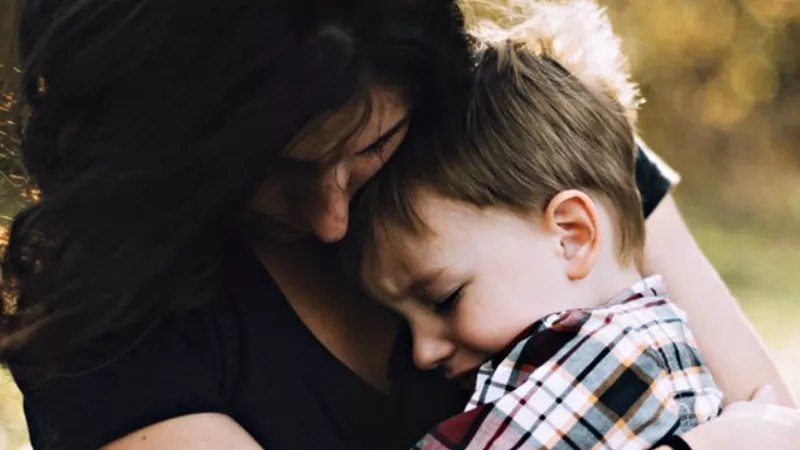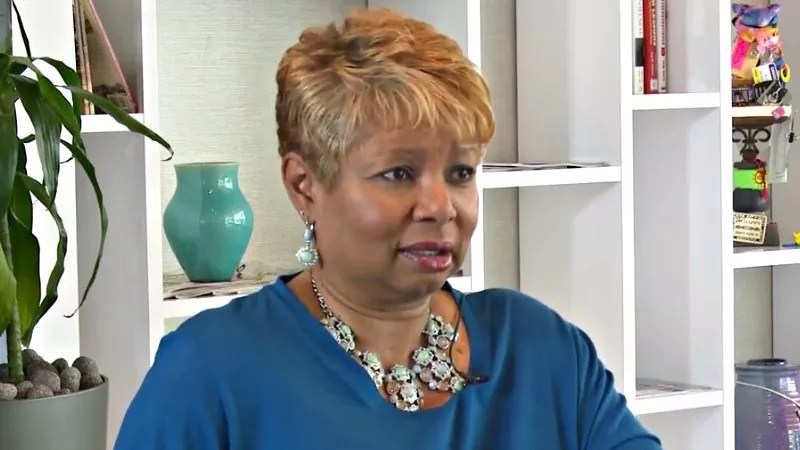
Photo by Jordan Whitt on Unsplash

Audio By Carbonatix
COVID-19 has sent shock waves through financial markets around the world. But the virus’s negative economic effects are being felt just as strongly on a local level – and according to Karen McNeil-Miller, president and CEO of the Colorado Health Foundation, a nonprofit devoted to improving the health of people across the state, the poor and the under-resourced are likely to suffer the most whether they contract the malady or not because of what she refers to as “the inequities of pandemics.”
Her litany of possible impacts on such folks is as heartrending as it is underreported.
“Let’s start with schools,” she notes. “Say they close. That immediately creates a bigger problem for lower-income parents who don’t have child care and can’t afford to take off work to stay home with their children. They have to go to work or they’ll lose their jobs. And for many lower-income families, their children qualify for free or reduced-price breakfast and lunch, and if there’s no school, they’ll miss two meals – and those might be their only two meals each day.”
During Denver Public Schools’ March 12 press conference about a three-week closure prompted by COVID-19, superintendent Susana Cordova revealed that the district will offer free, so-called grab-and-go breakfasts and lunches to qualifying students during separate one-hour periods at eight locations, including Abraham Lincoln High School. But getting to these places, especially at mid-day, could be difficult to impossible for many of those with the greatest need.
An increasing number of schools are also “telling students, ‘Don’t come to school after spring break. We’re going to do things virtually,'” she continues. “But not every low-income student has a laptop with a camera or the software to do that – so what’s going to happen with them? Are they going to be left out? Will the schools find ways to help them?”
The earliest cases of COVID-19 to emerge in the United States appear to have been linked to individuals who traveled internationally, which explains why some people of lesser means may think they’re unlikely to come down with the virus. But McNeil-Miller sees this as wishful thinking.
“Even though some people may not be able to afford to travel, those people come back to restaurants and grocery stores and touch things – and lower-income people go there, too,” she points out. “And if you’re a restaurant employee and you come into contact with someone who has it, you probably won’t have benefits that allow paid time off. So people in that situation will often go to work sick, even though they’re even a greater danger to others and themselves. They either won’t have health insurance, or they’ll have inadequate health insurance that has such a high deductible that they’ll keep working and won’t go to a hospital or a doctor until it’s too late. That makes things worse, because they can’t afford to do preventative things, and one medical emergency could wipe them out. They’ve either got to decide to pay the medical bill or the rent.”

Karen McNeil-Miller is the president and CEO of the Colorado Health Foundation.
When Governor Jared Polis declared a state of emergency over COVID-19, he imposed an emergency rule mandating that businesses in the hospitality and service industries offer four days of paid leave for those being tested for COVID-19 and launched a free, drive-up testing center (located at 8100 East Lowry Boulevard (its hours today are noon to 2 p.m., and the demand has been absolutely overwhelming). But while McNeil-Miller applauds these measures, she knows that they’re hardly a panacea for the working poor in Denver.
“Many low-income people are working two or three jobs, or their work is in the evening,” she says. “Or there are transportation issues getting there. Some cities are dialing back on public transportation or may start doing it – and that’s the transportation many lower-income people rely on. That will take away their ability to work even if they aren’t sick. And people with lower incomes are more likely to live in multiple housing units – apartments with multiple families under one roof. If someone living in a place like that gets it, how are you going to quarantine yourself? You can’t quarantine yourself in a two-bedroom home with eight people living in it, so it makes the likelihood of spread even higher. That shows how the dominoes keep falling against the people with lower incomes.”
(On March 12, members of the U.S. House of Representatives and U.S. Senate introduced what’s been dubbed the Coronavirus Worker Relief Act, which would offer federal assistance to independent contractors, the self-employed and other individuals on the financial edge.)
According to McNeil-Miller, the undocumented and other immigrants of color face additional challenges. “Immigrants may or may not seek out health care because of documentation issues. In fact, because of their worry about authorities coming in and deporting them, they may not seek out services at all,” she says. “And just like Muslims were a target after 911, Asians are a target now [because of COVID-19’s roots in China]. We’re hearing about sales plummeting at Asian restaurants because people think they can get the virus just by going there.”
Lower-income residents of small towns aren’t immune, either.. “You might think rural communities might be the least affected, because they’re not in an urban environment,” she says. “But once someone gets the disease in a rural area, those hospitals will be overwhelmed.”
In McNeil-Miller’s opinion, such issues are “not on the radar of many public officials, but they’re high on the radar of philanthropies and nonprofits whose work is focused on communities of immigrants or refugees and lower-income individuals. We’re watching to see if there’s an uptick in Medicaid enrollment and SNAP [Supplemental Nutrition Assistance Program] enrollment – food stamps. All those things come at a cost to cities and the state.”
McNeil-Miller would like to see governments taking a more proactive role in addressing these problems. “They could come up with funding to compensate for losses, they could ask businesses to provide paid time off, or at least guarantee that a job is still going to be there when a person recovers and comes back, rather than firing them because they had to be out,” she suggests.
“I would certainly hope we would all be thinking about the broader systemic issues that come out of this, and what’s the longer-term fallout,” McNeil-Miller concludes. “Even if this only lasts a month, what happens to lower-income workers? If people working in restaurants are laid off because people are afraid to go out to eat, or if workers at hotels are laid off because fewer people are staying there, what happens to them? This will have a ripple effect we want people to think about and be aware of, and be open to providing solutions and trying to offer a stopgap for families rather than not even realizing the consequences.”